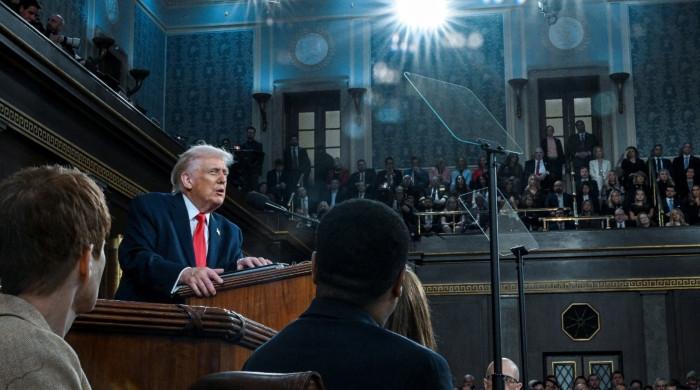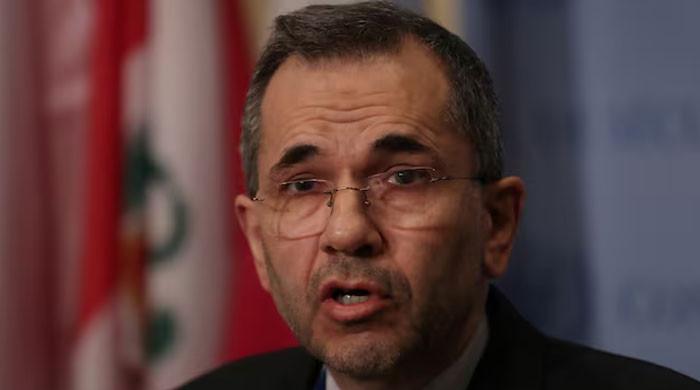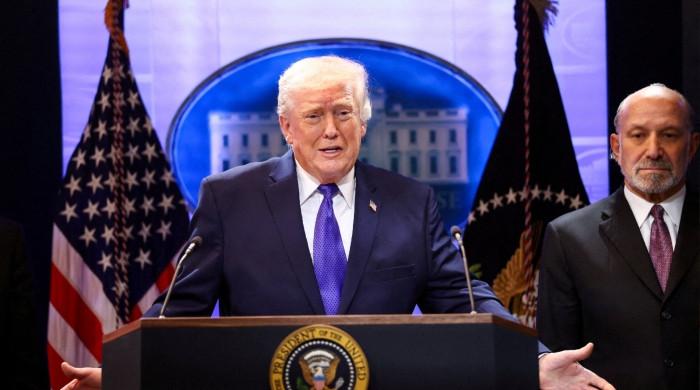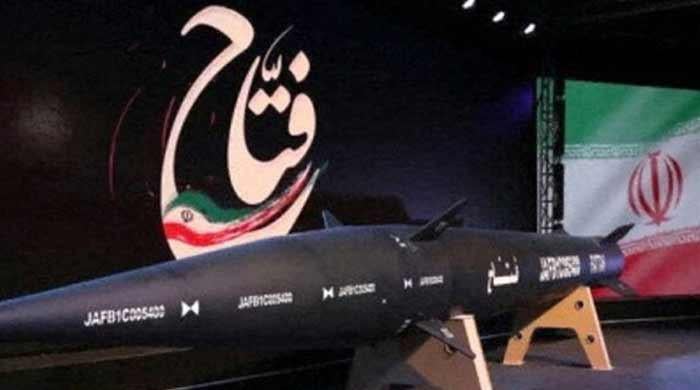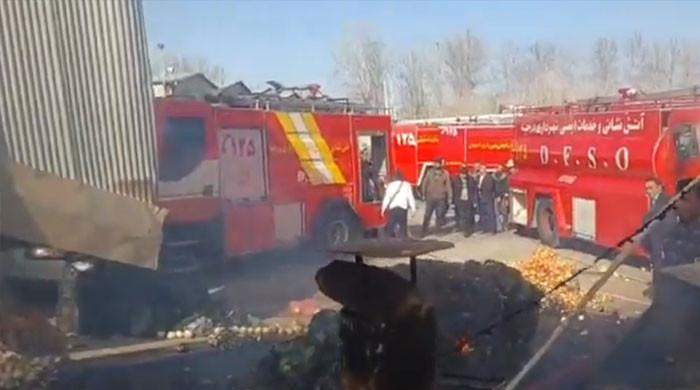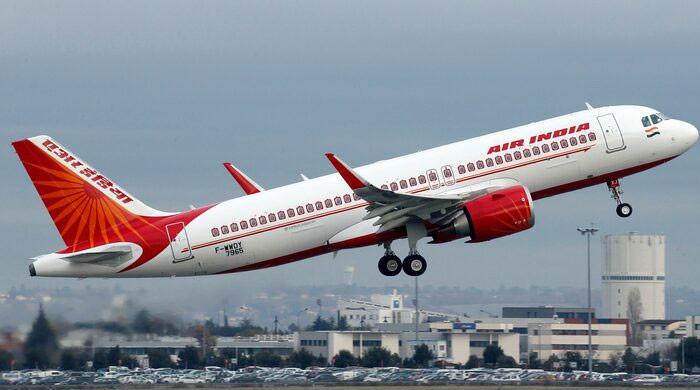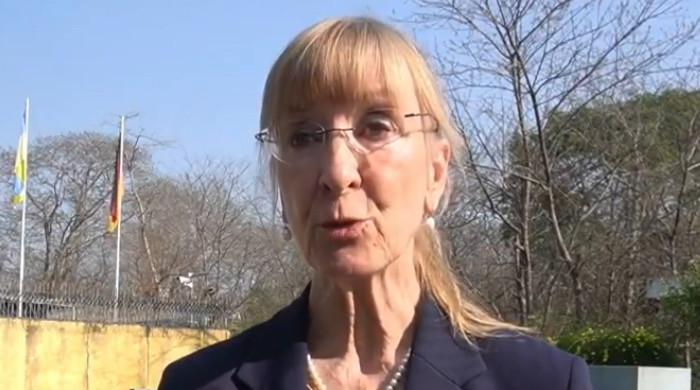Myanmar plays diplomatic card to avert UN censure over Rohingya
There was a risk of ethnic cleansing in Myanmar that could destabilise the region
September 07, 2017
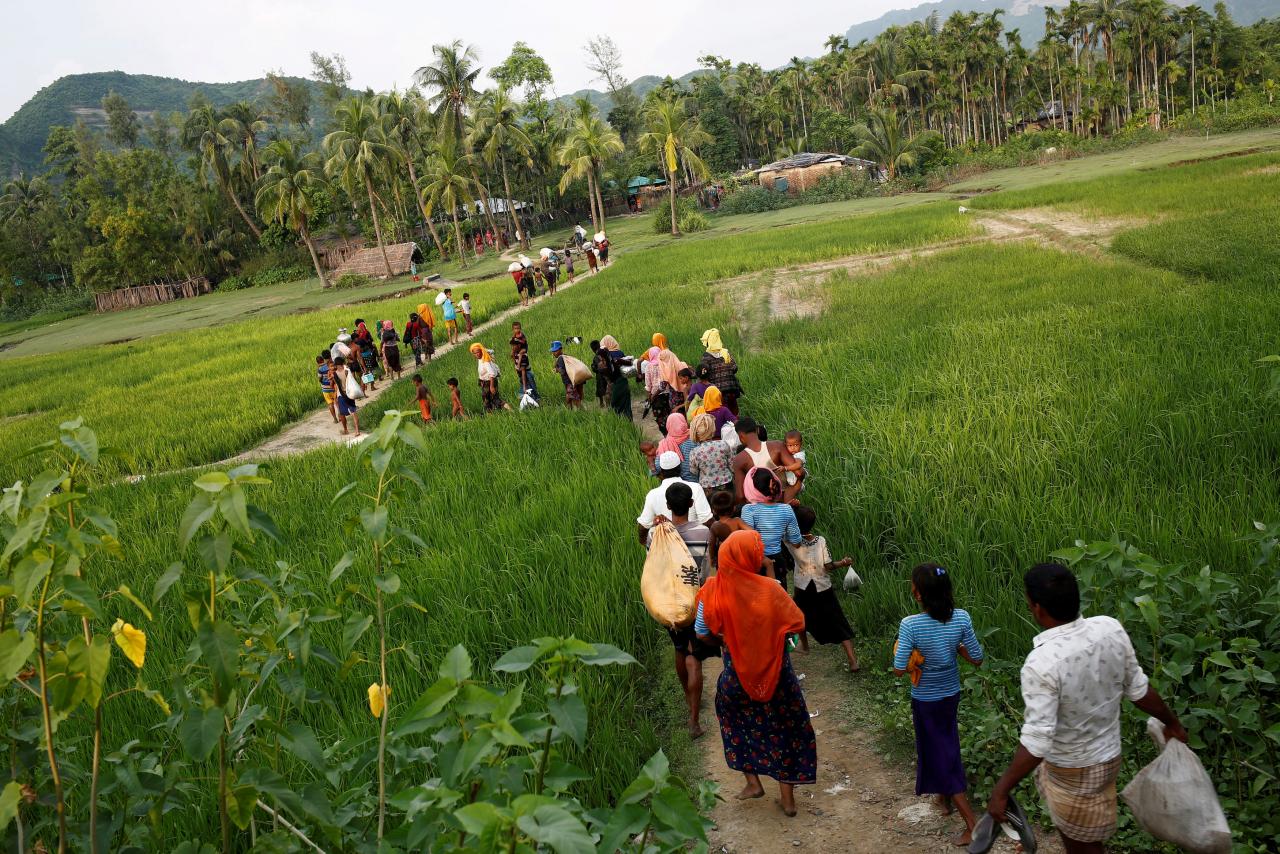
Myanmar said on Wednesday it is negotiating with China and Russia to ensure they block any UN Security Council censure over the violence that has forced an exodus of nearly 150,000 Rohingya Muslims to Bangladesh in less than two weeks.
Myanmar leader Aung San Suu Kyi blamed “terrorists” for “a huge iceberg of misinformation” on the strife in the northwestern state of Rakhine but, in a statement, she made no mention of the Rohingya who have fled.
She has come under increasing pressure from countries with Muslim populations, including Indonesia, where thousands led by Islamist groups held a rally in Jakarta on Wednesday, to demand that diplomatic ties with Buddhist-majority Myanmar be cut.
In a rare letter to the UN Security Council, Secretary-General Antonio Guterres expressed concern the violence could spiral into a “humanitarian catastrophe”.
He warned on Tuesday that there was a risk of ethnic cleansing in Myanmar that could destabilise the region.
Myanmar National Security Adviser Thaung Tun told a news conference in the capital, Naypyitaw, that Myanmar was counting on China and Russia, both permanent members of the Security Council, to block a UN resolution on the crisis.
“We are negotiating with some friendly countries not to take it to the Security Council,” he said. “China is our friend and we have a similar friendly relationship with Russia, so it will not be possible for that issue to go forward.”
Russia’s UN Ambassador Vassily Nebenzia said he believed the 15-member Security Council had sent a signal - by meeting behind closed doors on the issue a week ago - that it would like to see the situation calm down.
“We called for restraint,” he told reporters on Tuesday. “The Security Council for the time being did what it could do.”
Reuters reporters in the Cox’s Bazar region of neighbouring Bangladesh have witnessed boatloads of exhausted Rohingya arriving near the border village of Shamlapur.
According to the latest estimates issued by UN workers operating there, arrivals in just 12 days stood at 146,000.
The UN officials in Bangladesh now estimate that the total number of refugees from Myanmar since Aug. 25 could reach up to 300,000, said Dipayan Bhattacharyya, who is Bangladesh spokesman for the World Food Programme (WFP).
Newly arrived Rohingyas told authorities that three boats carrying a total of more than 100 people capsized in the early hours of Wednesday. Coastguard Commander M.S. Kabir said six bodies, including three children, had washed ashore.
‘FAKE INFORMATION’
The surge of refugees - many sick or wounded - has strained the resources of aid agencies and communities already helping hundreds of thousands from previous spasms of violence in Myanmar. Many have no shelter, and aid agencies are racing to provide clean water, sanitation and food.
“They are coming in nutritionally deprived, they have been cut off from a normal flow of food for possibly more than a month,” Bhattacharyya of the WFP told Reuters. “They were definitely visibly hungry, traumatised.”
Suu Kyi spoke by telephone on Tuesday with Turkish President Tayyip Erdogan, who has pressed world leaders to do more to help a population of roughly 1.1 million he says are facing genocide.
In a statement issued by her office on Facebook, Suu Kyi said the government had “already started defending all the people in Rakhine in the best way possible” and warned against misinformation that could mar relations with other countries.
She referred to images on Twitter of killings posted by Turkey’s deputy prime minister that he later deleted because they were not from Myanmar.
“She said that kind of fake information which was inflicted on the deputy prime minister was simply the tip of a huge iceberg of misinformation calculated to create a lot of problems between different countries and with the aim of promoting the interests of the terrorists,” her office said in the statement.
Suu Kyi on Wednesday met Indian Prime Minister Narendra Modi, who said he shared Myanmar’s concern about “extremist violence” in Rakhine state. Modi’s government has taken a strong stance on an influx into India of some 40,000 Rohingya from Myanmar over the years, vowing last month to deport them all.
LANDMINES
The latest violence began when Rohingya insurgents attacked dozens of police posts and an army base. The ensuing clashes and a military counter-offensive killed at least 400 people and triggered the exodus of villagers to Bangladesh.
Western critics have accused Suu Kyi of not speaking out for the minority that has long complained of persecution, and some have called for the Nobel Peace Prize she won in 1991 as a champion of democracy to be revoked.
Myanmar says its security forces are fighting a legitimate campaign against terrorists responsible for a string of attacks on police posts and the army since last October.
Myanmar officials blame Rohingya militants for the burning of homes and civilian deaths. The government said 26,747 non-Muslim residents had been displaced.
However, rights monitors and Rohingya fleeing to Bangladesh say the Myanmar army is trying to force them out with a campaign of arson and killings.
Myanmar has been laying landmines across a section of its border with Bangladesh for the past three days, two government sources in Dhaka said, adding that the purpose may have been to prevent the return of Rohingya Muslims fleeing violence.
Bangladesh will formally lodge a protest on Wednesday against the laying of landmines so close to the border, said the sources who had direct knowledge of the situation but asked not to be identified because of the sensitivity of the matter.
A Myanmar military source said landmines were laid along the border in the 1990s to prevent trespassing and the military had since tried to remove them, but none had been planted recently.




